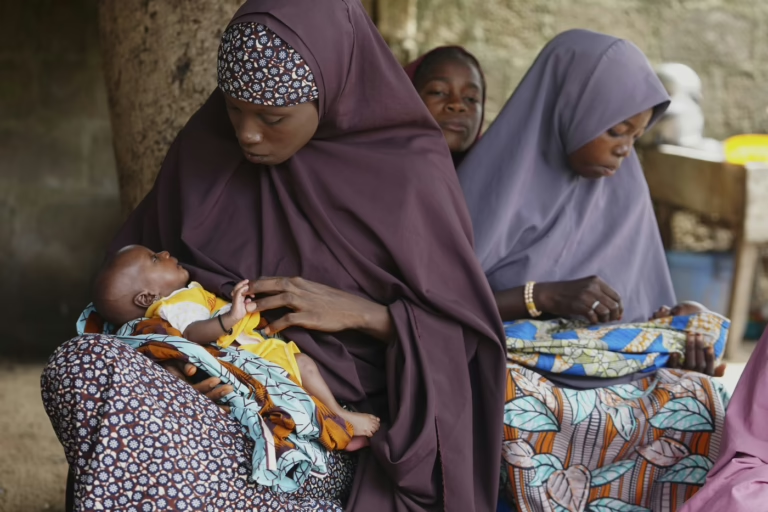Maternal Health Crisis Amidst Conflict in Northern Nigeria
In the conflict-ravaged regions of northern Nigeria, pregnancy has transformed from a hopeful journey into a perilous ordeal. Aisha Muhammed, who was in her final trimester, experienced severe complications including seizures and dangerously elevated blood pressure caused by eclampsia-one of the foremost causes of maternal mortality worldwide.
The Impact of Armed Conflict on Maternal Well-being
Ongoing violence and instability have severely disrupted healthcare services, leaving expectant mothers like Aisha vulnerable. Clinics are often inaccessible or understaffed, and essential medical supplies are scarce. According to recent data from the World Health Organization, maternal mortality rates in conflict zones can be up to three times higher than in peaceful areas, underscoring the urgent need for targeted interventions.
Challenges Faced by Pregnant Women in Conflict Zones
Beyond medical complications, women-avoid-back-sleep/” title=”The Hidden Dangers of Lying on Your Back During …: What Every Mom…to…Be Needs to Know”>pregnant women in northern Nigeria confront numerous obstacles: displacement, food insecurity, and psychological trauma. For instance, many are forced to flee their homes, losing access to prenatal care and safe delivery options. This situation mirrors crises in other conflict-affected regions, such as Yemen and South Sudan, where maternal health indicators have similarly plummeted.
Efforts to Improve Maternal Health Amidst Turmoil
Humanitarian organizations are striving to bridge the gap by establishing mobile clinics and training local birth attendants. Innovative approaches, like telemedicine consultations and community health education, are being piloted to reach isolated populations. However, sustained peace and increased funding remain critical to reversing the alarming trends.
Looking Forward: The Path to Safer Pregnancies
Addressing maternal health in northern Nigeria requires a multifaceted strategy that combines conflict resolution, healthcare infrastructure rebuilding, and social support systems. Empowering women through education and ensuring consistent access to quality prenatal and emergency obstetric care can significantly reduce preventable deaths. As global attention turns to fragile settings, the plight of women like Aisha highlights the intersection of health and security in shaping futures.























0 Comments